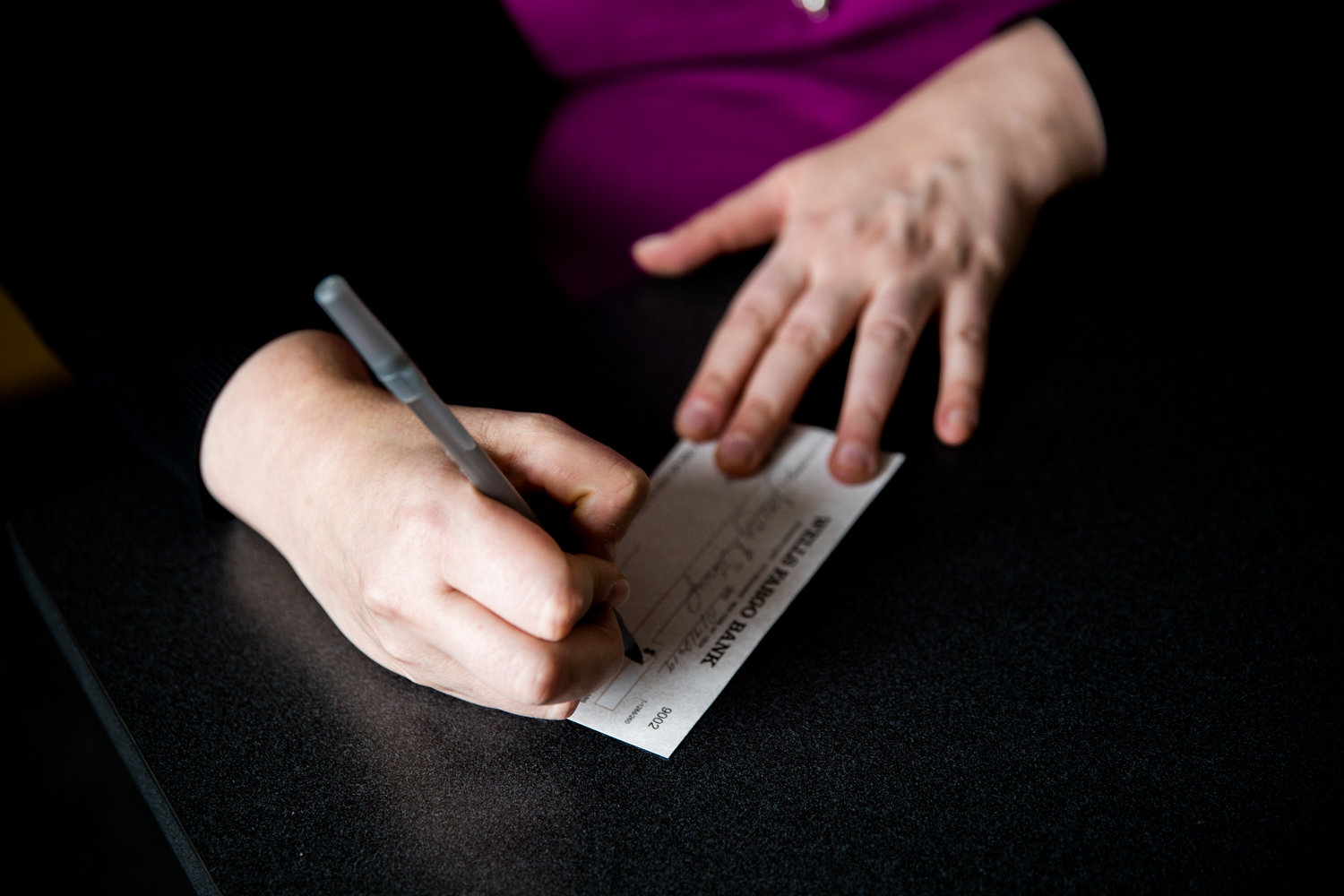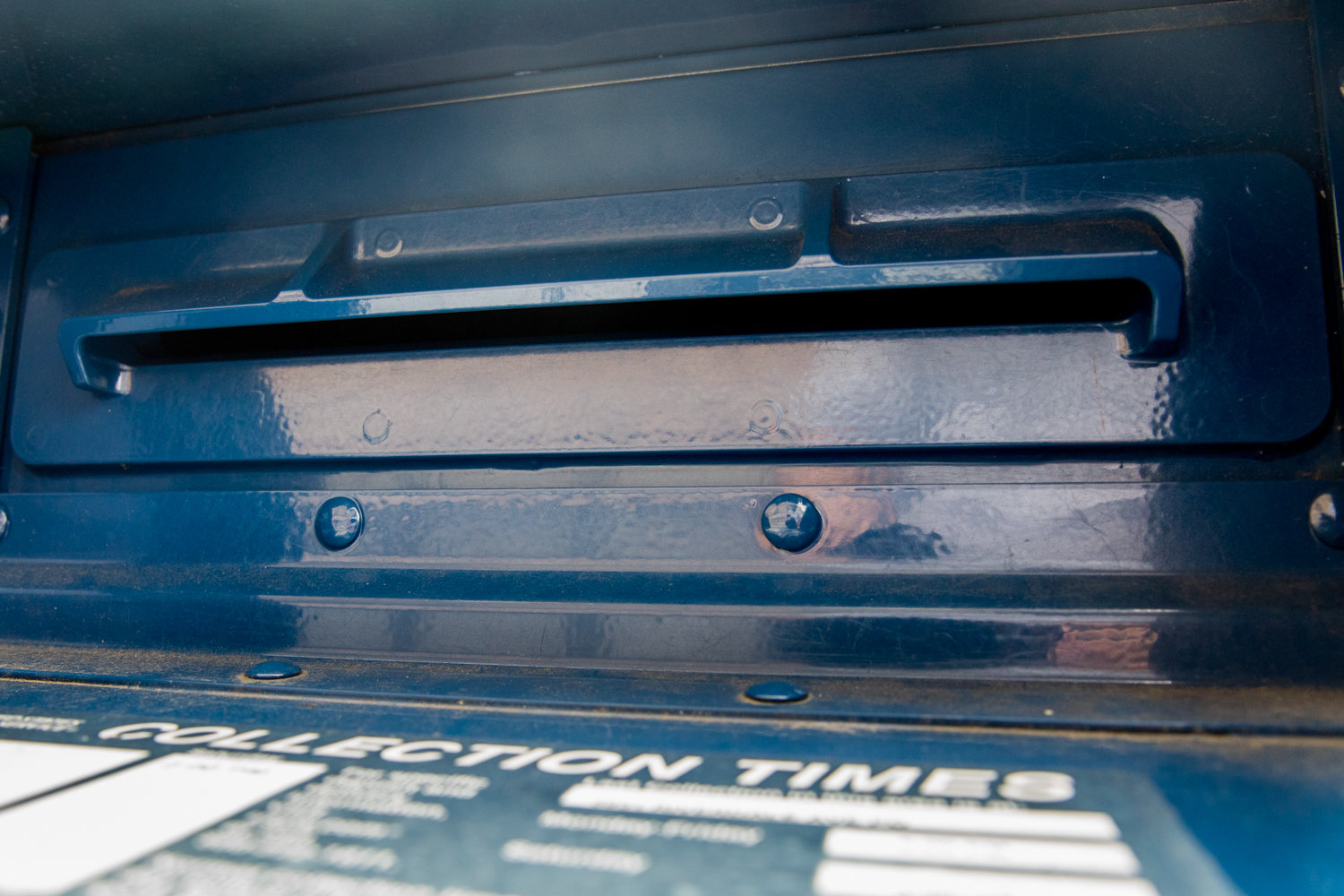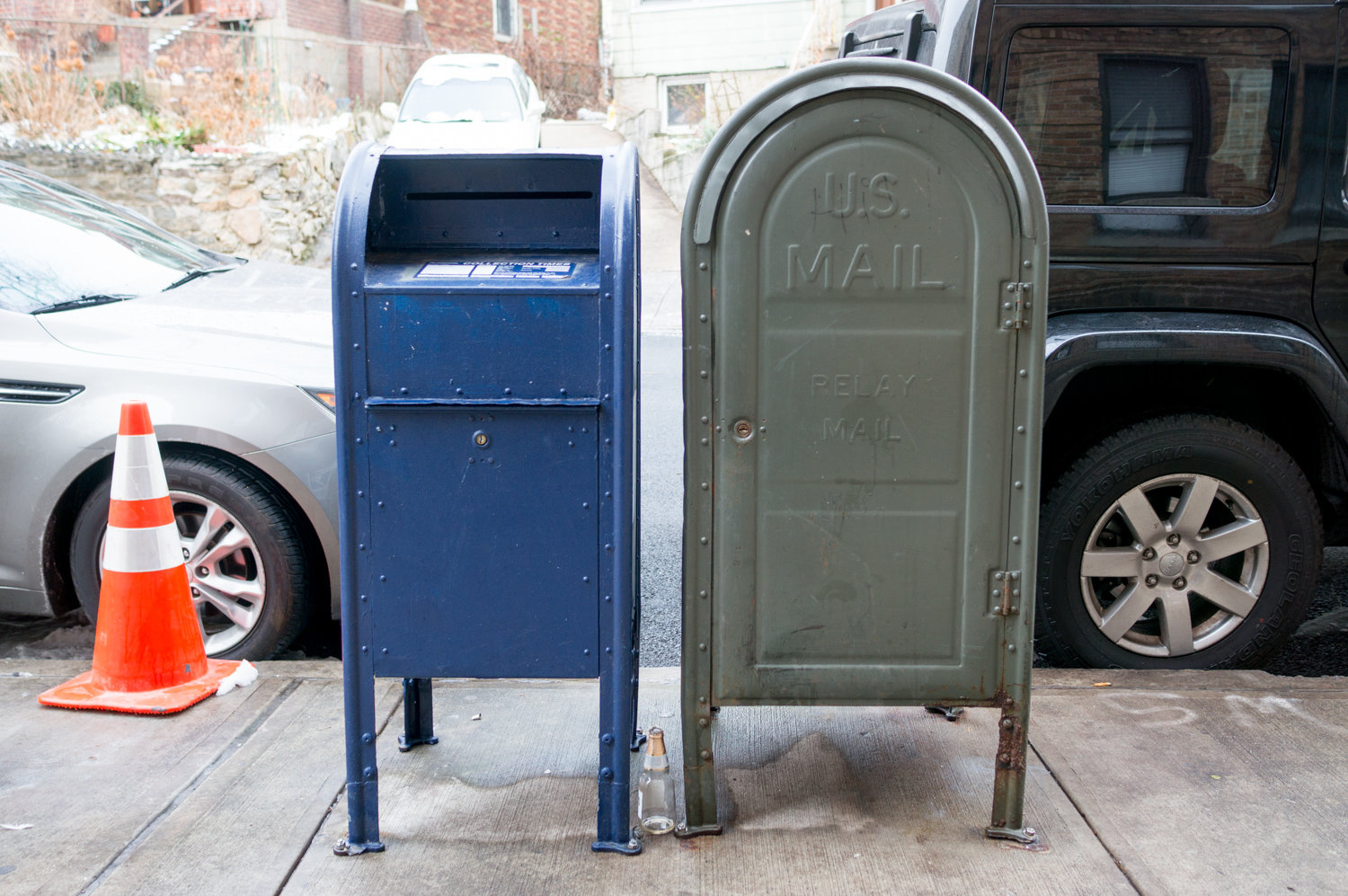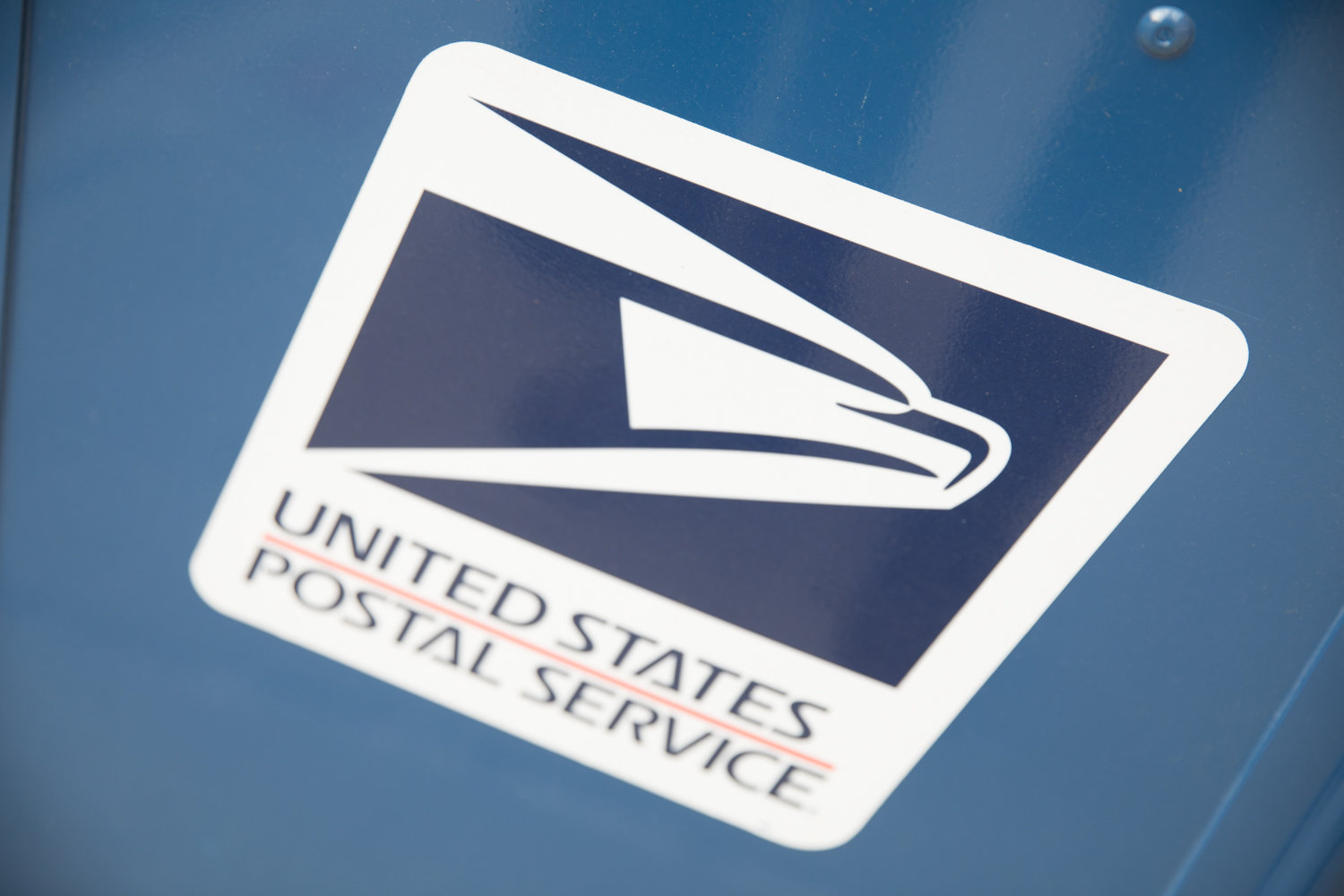Police at mailbox: Check yourself or become a victim
Money laundering is so 2018. The newest thing is mail fishing and check washing.
Anyone who has followed crime news lately has likely heard about people — even here in the northwest Bronx — falling victim to check fraud. The check they dropped into the mail finds its way into the hands of a hooligan, and then money begins disappearing out of that unlucky victim’s bank account.
Sometimes thieves target porch-mounted mailboxes. Others take something coated in glue, tie a string around it, and dip it into the big blue mailboxes on street corners. This mail fishing method yields a good number of envelopes, with the potential to pull out a check intended for a bill payment.
In the age of online identity theft, some people are kicking it old school.
Stolen checks are literally washed with a solvent to remove ink, according to the New York Police Department website. Acetone — nothing more exotic than nail polish remover — does the trick. The account holder’s signature is preserved while both the amount and payee is dissolved away in just a few minutes.
There are copious examples how it works through online sites like YouTube.
Recently, folks in the greater Riverdale area — mostly older and more inclined to pay through the mail instead of online — have been targeted. The electric bill payment for $35 is transformed into a $3,600 check to someone who won’t keep the lights on. The intended party never receives the money. Often the victim isn’t aware of what happened until their other checks bounce for insufficient funds.
People are becoming bolder, stealing mail from dropboxes inside co-ops and off porches, according to 50th Precinct officer Caesar Sala. It’s easier if a mailbox is left open or is loose.
“We do catch some of them,” he said. “Like the ones that are physically going into a building where there’s a camera — we catch them on video. We’re able later to identify them.”
Stealing mail is a serious crime that’s investigated by the U.S. Postal Inspection Service.
“That’s part of our mission, to protect our customers, our employees and our infrastructure, and certainly protect our customers from mail theft,” the state service’s spokeswoman Donna Harris said.
When mail theft is reported to police, officers bring in postal inspectors. Every single complaint the postal service receives is looked into, victims or witnesses are interviewed, and each case is investigated.
“We use many techniques to investigate,” Harris said. “We work with our local and federal agencies when crimes like this occur, and we use several investigative techniques. None of those I can really say because we don’t want to expose exactly what we do.”
While mail is typically safe once it’s in the postal service’s hands, it’s vulnerable while sitting unattended in a mailbox. The postal service has taken steps to make its mailboxes more secure by replacing the larger openings with narrow slots that fishers can’t pull their purloined envelopes through.
But there are things folks can do to prevent their checks from falling into the wrong hands.
“If a customer doesn’t feel secure in placing their mail in the mailbox, they have the option of going to the nearest post office to mail their letter,” Harris said. “They can also certainly give it to a mail carrier, and if they’re working, usually their employer will allow them to mail it there.”
Don’t let incoming mail collect, she said. Put mail delivery on hold when you’re out of town. If you leave a letter in an unsecured exterior mailbox, make sure the box is closed.
Drop letters into the mail close to collection time, and use pens with pigmented ink that can’t be removed with a solvent, the NYPD advises. Check your bank account balances against your check register to ensure nothing nefarious is going on. And if there is, you can catch it early.
And don’t send cash through the mail. It can vanish without a trace.
Thieves are always targeting victims they’re more likely to defraud without being caught, Sala said. And with finances, no one can be too careful.
“If they don’t get you online, they get you over the phone,” he said. “If they don’t get you over the phone, they get you through the mail. It’s one of those things where they’re hitting at all angles.”













